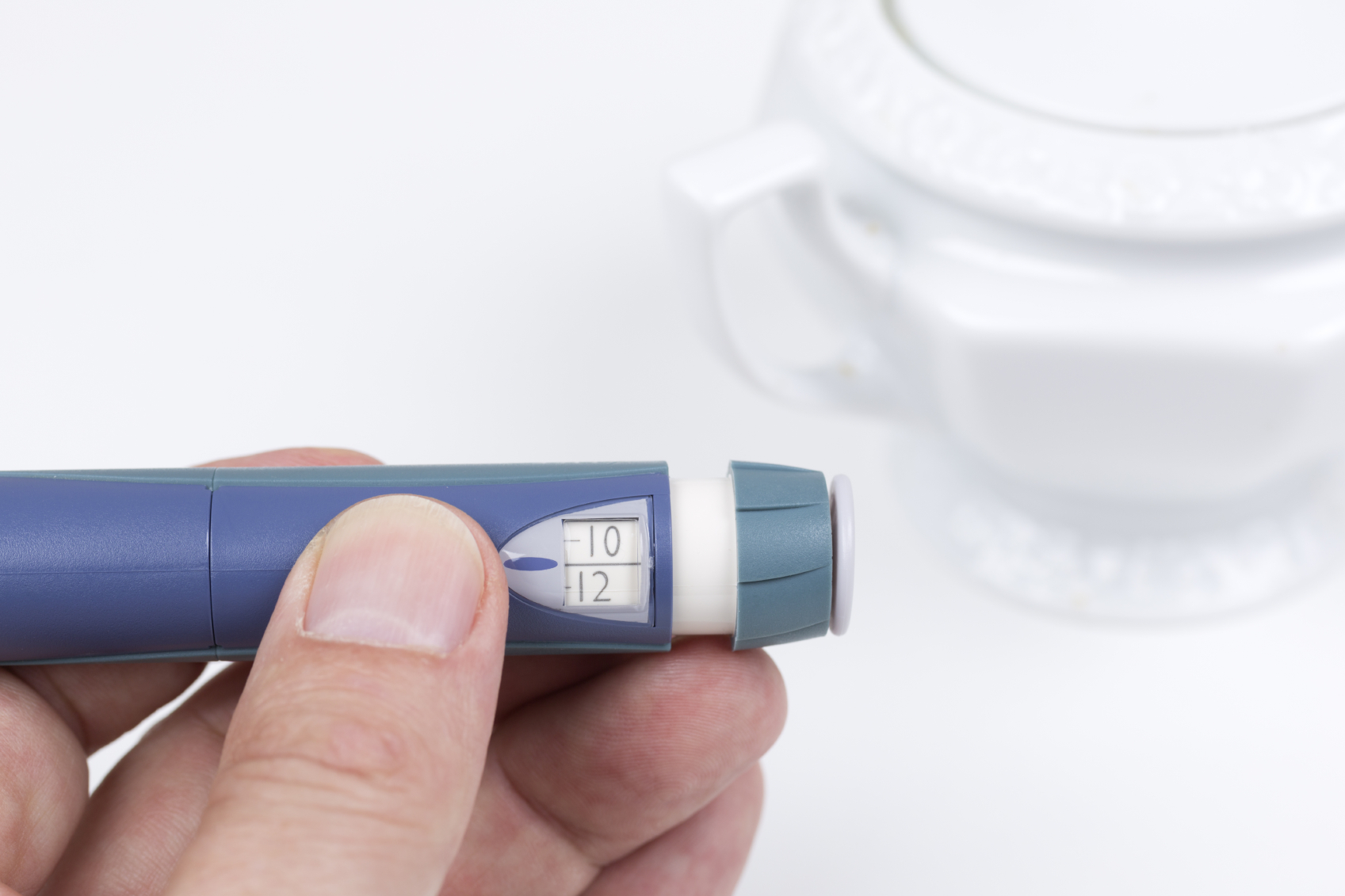What's the difference between Type 1 diabetes and Type 2 diabetes

Type 1 diabetes is an autoimmune disease which means that the body’s immune system mistakenly attacks the insulin producing beta cells in the pancreas. Whilst the exact cause is not known it’s generally thought that this is a combination of genetic inheritance and an environmental trigger which activates the condition.
Type 1 diabetes is usually diagnosed in childhood.
In the early stages people with type 2 diabetes actually produce enough insulin - but the body loses its ability to respond to it. This is called insulin resistance. Type 2 diabetes is typically due to a combination of family history, poor diet, lack of exercise and obesity.
This condition is usually diagnosed in people over 30
Whereas the symptoms of type 1 diabetes almost immediately appear when blood sugar gets too high; symptoms of diabetes 2 may not appear for many years which means damage to the body can be caused without you realising that you have anything wrong.
Some symptoms appear in both conditions – hunger, thirst, frequent urination, tiredness, blurred vision and numbness in the feet; but those with Type 1 diabetes may also experience weight loss, and men with type 2 diabetes may experience erectile dysfunction.
Type 1 diabetes is not usually associated with excess body weight whereas Type 2 diabetes is often associated with obesity. Type 1 is often associated with higher than usual ketone levels, whereas Type 2 is often associated with high blood pressure and/or cholesterol levels upon diagnosis.
Blood tests can diagnose both types of diabetes and if necessary antibody tests can be performed which will usually confirm whether Type 1 or Type 2 diabetes is present.
People diagnosed with Type 1 diabetes have to take insulin on an ongoing lifelong basis whereas those with type 2 are advised to exercise and diet as well as taking oral medication. It is sometimes possible to come off this medication.
Although every effort is made to ensure that all health advice on this website is accurate and up to date it is for information purposes and should not replace a visit to your doctor or health care professional.
As the advice is general in nature rather than specific to individuals Dr Vanderpump cannot accept any liability for actions arising from its use nor can he be held responsible for the content of any pages referenced by an external link.










